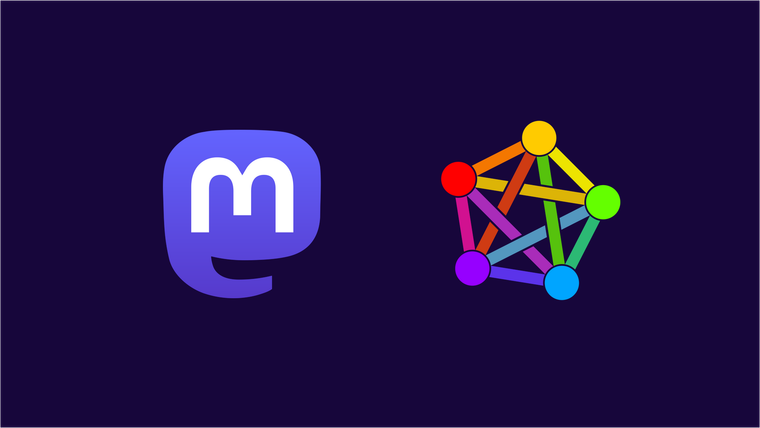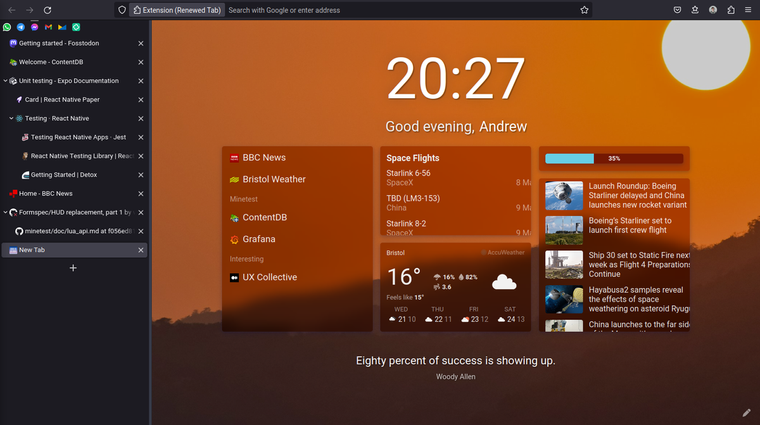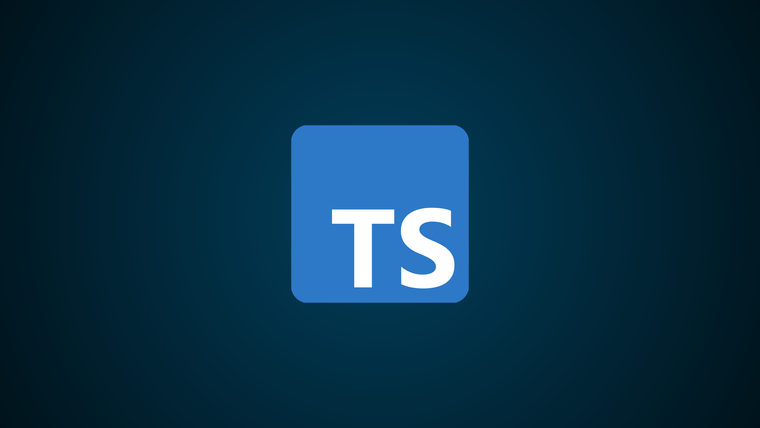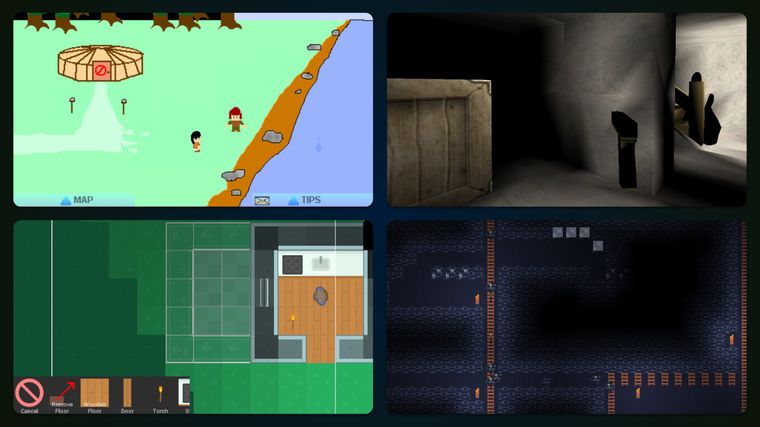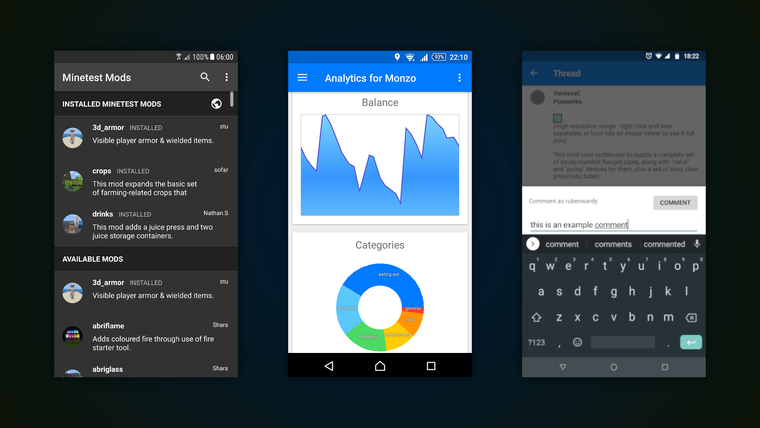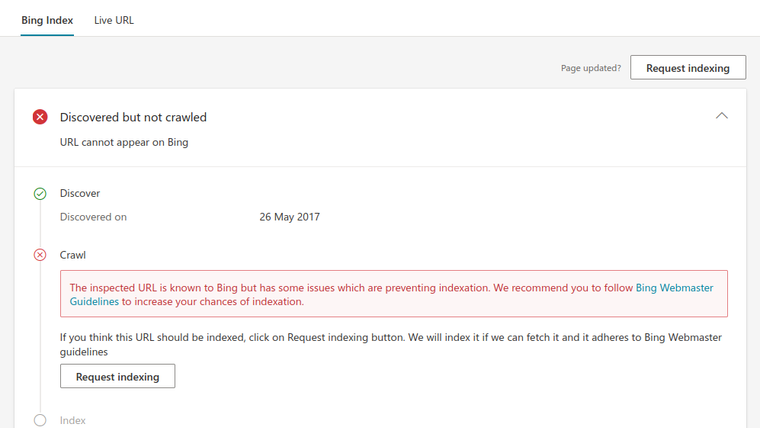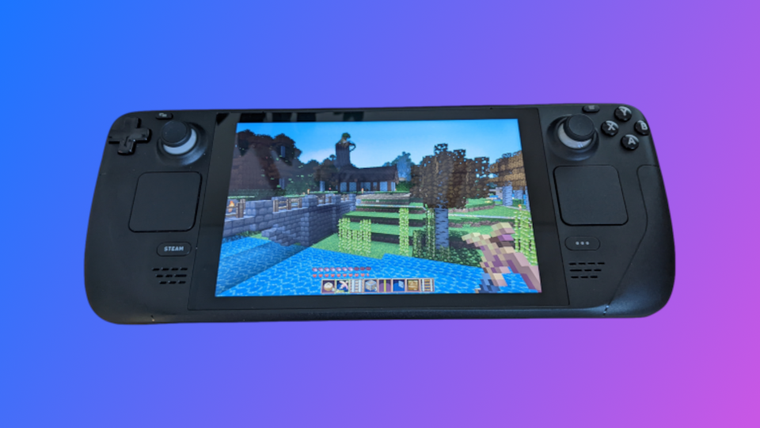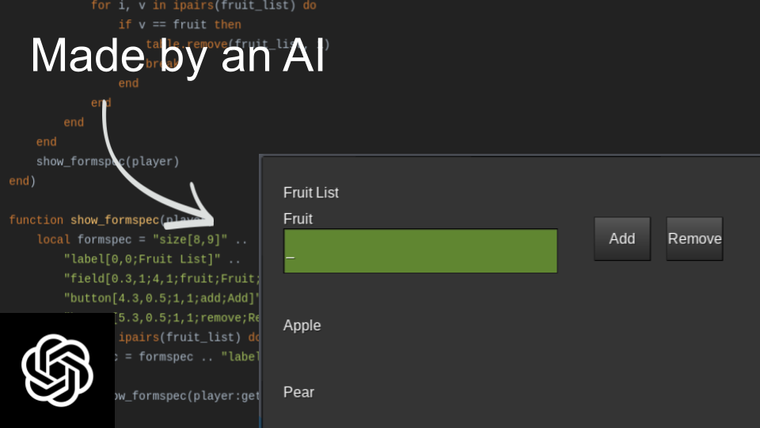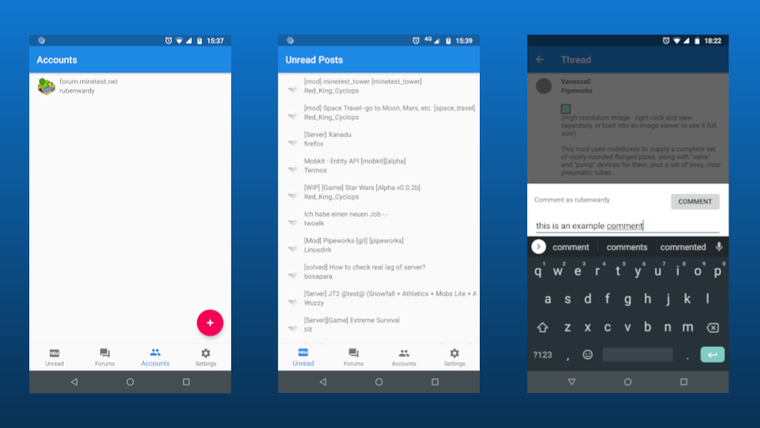Andrew
Ward
rubenwardy
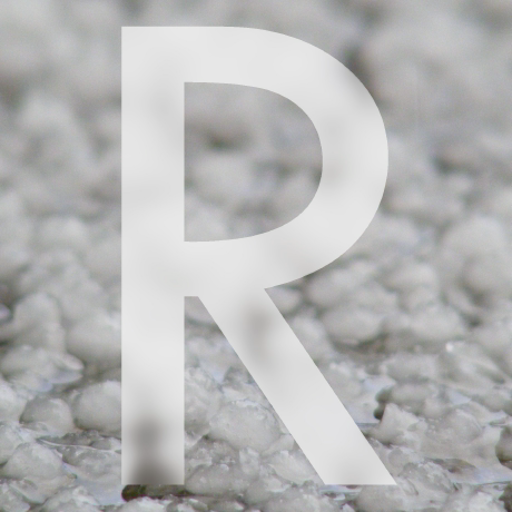
Hi, I'm Andrew Ward. I'm a software developer, an open source maintainer, and a graduate from the University of Bristol. I’m a core developer for Luanti, an open source voxel game engine.
This article was written at a time when LLM AIs were brand new.
As such, this post is very outdated and does not represent my current
opinions.
OpenAI’s GPT-3 is a powerful new
Artificial Intelligence model that uses deep learning to produce human-like
text. It was trained on a large body of text, with sources including websites,
Wikipedia, and books. It doesn’t just understand natural language, it can also
work with programming languages.
This topic is especially relevant with the recent introduction of
GitHub Copilot.
Copilot is an “AI pair programmer” for your IDE that suggests code and entire
new functions. It’s based on same technology as GPT-3, but with a model derived
from GPT-3 and optimised for code called Codex. This article will use GPT-3 and
Codex, as I wasn’t able to get GitHub Copilot, but the results will be
identical.
In this article, I will ask GPT-3 to write Minetest code and explore how much it
knows about modding, creating simple and advanced Minetest mods. I will finish
by using it to convert Minecraft mods to Minetest.



